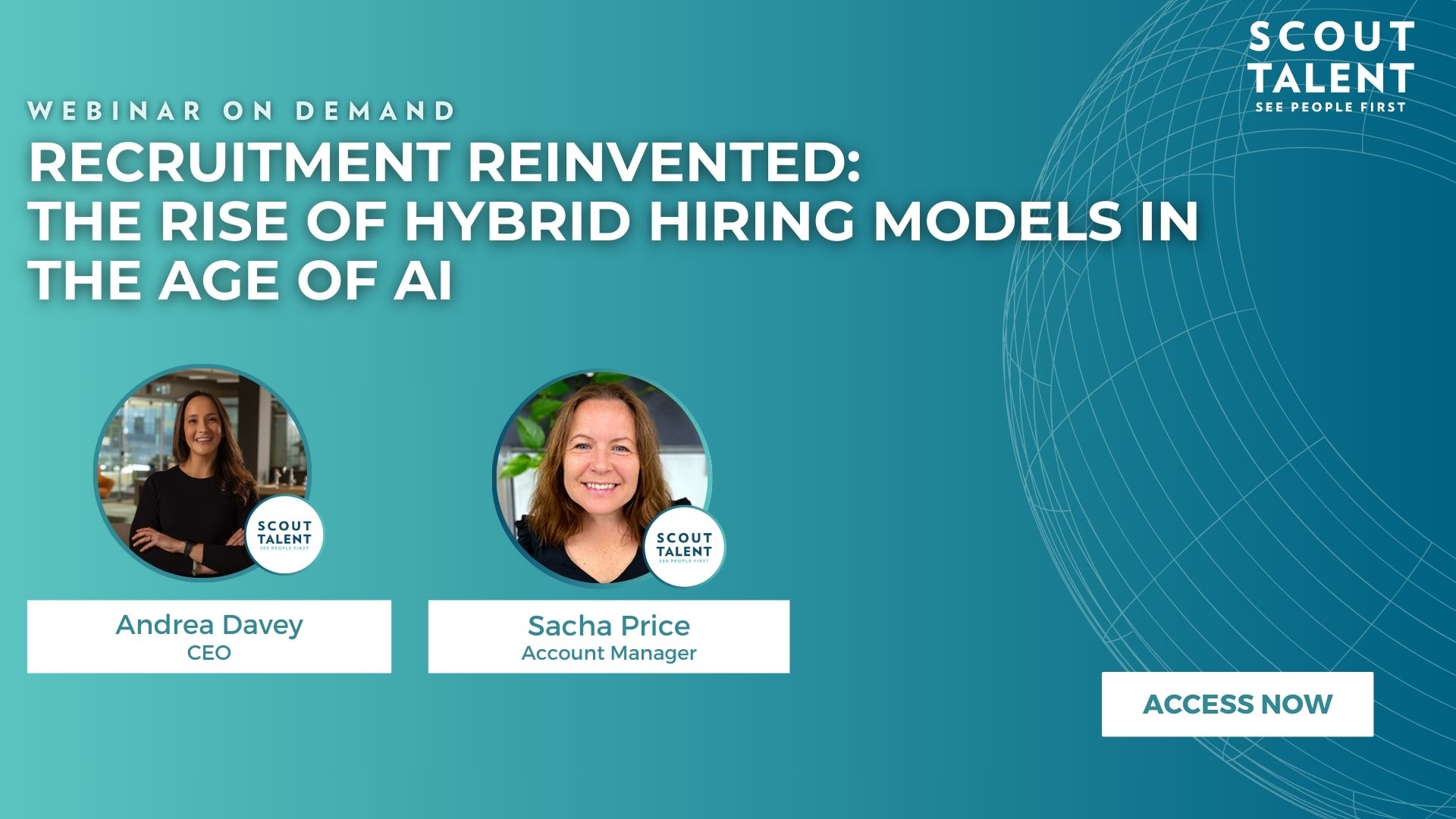A Upcoming Boundary: Embracing AI in Digital Talent Acquisition

In this fast-paced swiftly developing job market, the integration of artificial intelligence into digital recruiting is not merely a trend but actually a necessity. As businesses strive to draw in top talent, utilizing advanced technologies has become crucial to enhance hiring processes and boost candidate experiences. The future of digital recruiting lies in engaging AI capabilities to not just identify the right candidates but also to promote a more diverse and productive recruiting environment.
With AI tools designed of analyzing vast amounts of data, recruiters can gain valuable insights into candidate profiles and behaviors, helping them to make more sound decisions. By embracing AI, companies can enhance their ability to connect with potential employees, reduce biases in hiring, and ultimately build more robust, more diverse teams. As we look forward, the combination of technology and talent acquisition guarantees a significant shift in how organizations approach recruitment, making it an thrilling time to be part of the workforce landscape.
Influence of Artificial Intelligence on Recruiting
AI is revolutionizing digital recruiting by enhancing the productivity of hiring strategies. AI-powered applications can sift through large volumes of applications and job submissions, identifying the top applicants more quickly than manual processes. This technology not only saves resources but also reduces the likelihood of human bias in the initial screening stage, allowing for a broader pool of candidates. By employing glow-careers learning algorithms, organizations can make data-driven hiring choices based on skills, background, and cultural fit.
Furthermore, AI solutions are enhancing the engagement of candidates throughout the hiring process. Chatbots and automated response systems provide immediate feedback to inquiries from candidates, delivering a consistent interaction while allowing recruiters to focus on strategic initiatives. Personalization is enhanced as AI tools examine the preferences of candidates and actions, enabling recruiters to tailor their outreach and provide valuable insights. This heightened engagement fosters a good candidate experience, which is crucial for capturing the best talent in a tight job market.
In conclusion, AI’s analytical capabilities allow for enhanced insights into the recruitment landscape. Organizations can leverage AI-driven analysis to monitor key metrics such as time to hire, the effectiveness of candidate sources, and employee turnover. This data equips recruiters to improve their strategies, making modifications to improve performance continually. As AI continues to evolve, its integration into digital recruiting will reshape the environment, making hiring processes not only faster but also more intelligent and more strategic.
Cutting-edge AI Tools for Hiring
As virtual recruiting evolves, Artificial Intelligence technologies are becoming indispensable for talent acquisition. These solutions can simplify the recruitment process, reduce the duration to fill positions, and enhance candidate experience. One of the most notable developments is the use of AI-driven applicant tracking systems. These systems employ AI algorithms to effortlessly screen resumes, identify qualified candidates, and coordinate workflows, allowing recruiters to focus on engaging with top talent rather than being overwhelmed by routine tasks.
Another revolutionary tool is AI-powered virtual assistants. These AI assistants can handle first candidate interactions, answer frequently asked questions, and assist in scheduling interviews. By offering instant responses, chatbots enhance communication efficiency and keep candidates informed throughout the recruitment journey. This not only boosts the candidate experience but also helps recruitment teams keep a well-structured process amidst high volumes of applications.
Finally, predictive analytics is transforming the way organizations approach hiring decisions. By studying historical data and patterns, algorithmic models can estimate candidate success and cultural fit within a organization. This allows recruiters to make smarter decisions and diminish turnover rates by selecting candidates who align closely with company values and needs. As these cutting-edge tools continue to evolve, they are set to transform the landscape of talent acquisition, leading to more strategic and successful hiring processes.
Obstacles and Outlook of AI in Recruitment
As the integration of AI in online recruiting becomes more widespread, several challenges emerge that organizations must address. One of the main challenges is the potential for bias in AI algorithms. If data information reflects historical inequalities, the AI system may unknowingly perpetuate these problems in hiring processes. This raises principled questions about fairness and equality in recruitment, making it essential for businesses to adopt measures that frequently audit and enhance their AI tools to ensure fairness.
Another challenge lies in the harmony between personal interaction and automation. While AI can streamline processes by quickly sorting through applications and finding potential candidates, the recruitment experience is often augmented by personal interactions. Job seekers may value the engagement from human recruiters, which can foster relationships and a sense of inclusion. Businesses must find a way to integrate AI strengths with human judgment to create a recruitment process that aligns with candidates and meets their expectations.
Looking into the future, the outlook of AI in recruitment will likely focus on boosting candidate experiences and improving hiring outcomes. As technology advances, AI systems will become more advanced, offering tailored interactions and specific assessments. This evolution can lead to data-driven decisions that align better with organizational culture and job specifications. By adopting these advancements, organizations can harness AI's full power, ultimately creating a more successful and person-centered recruitment field.

